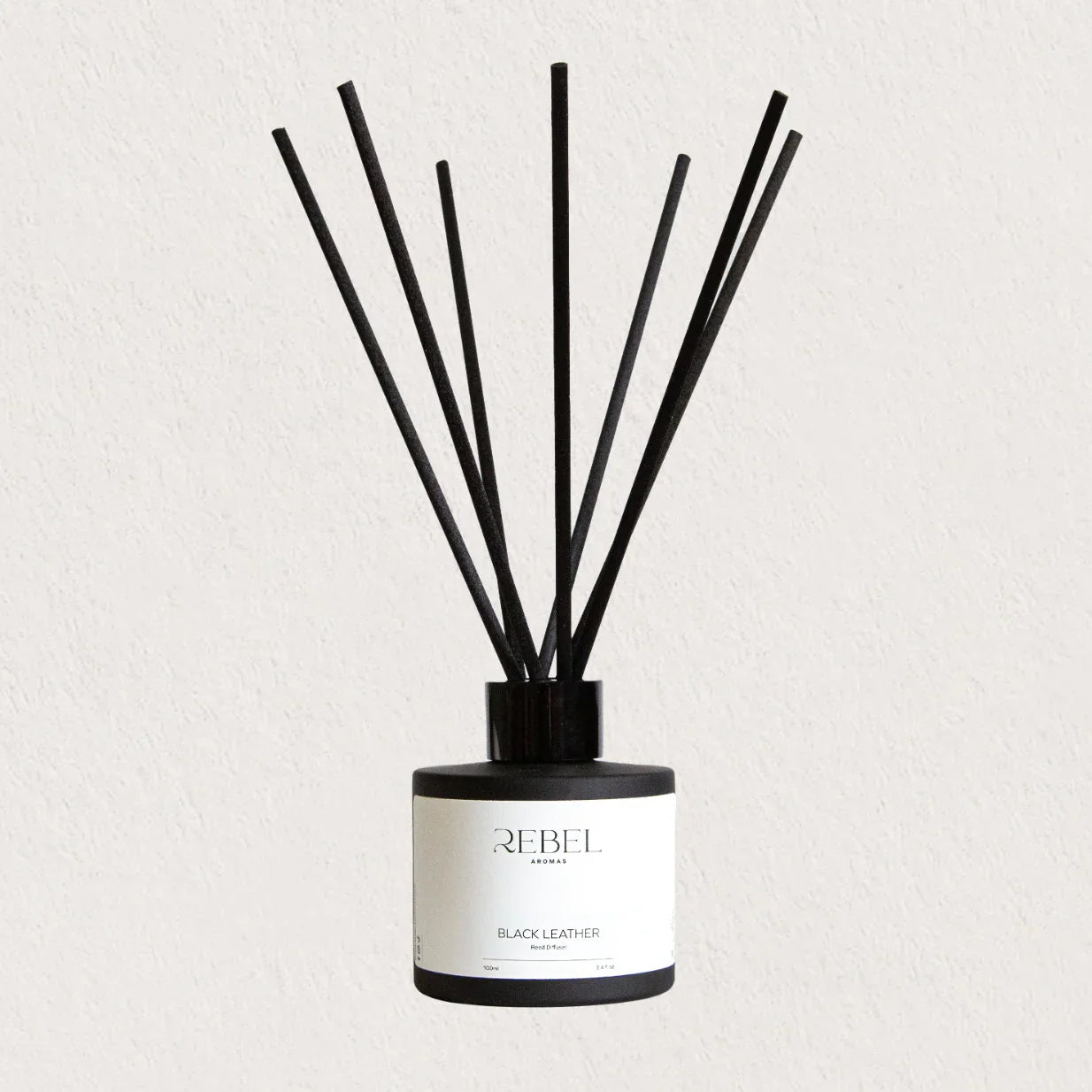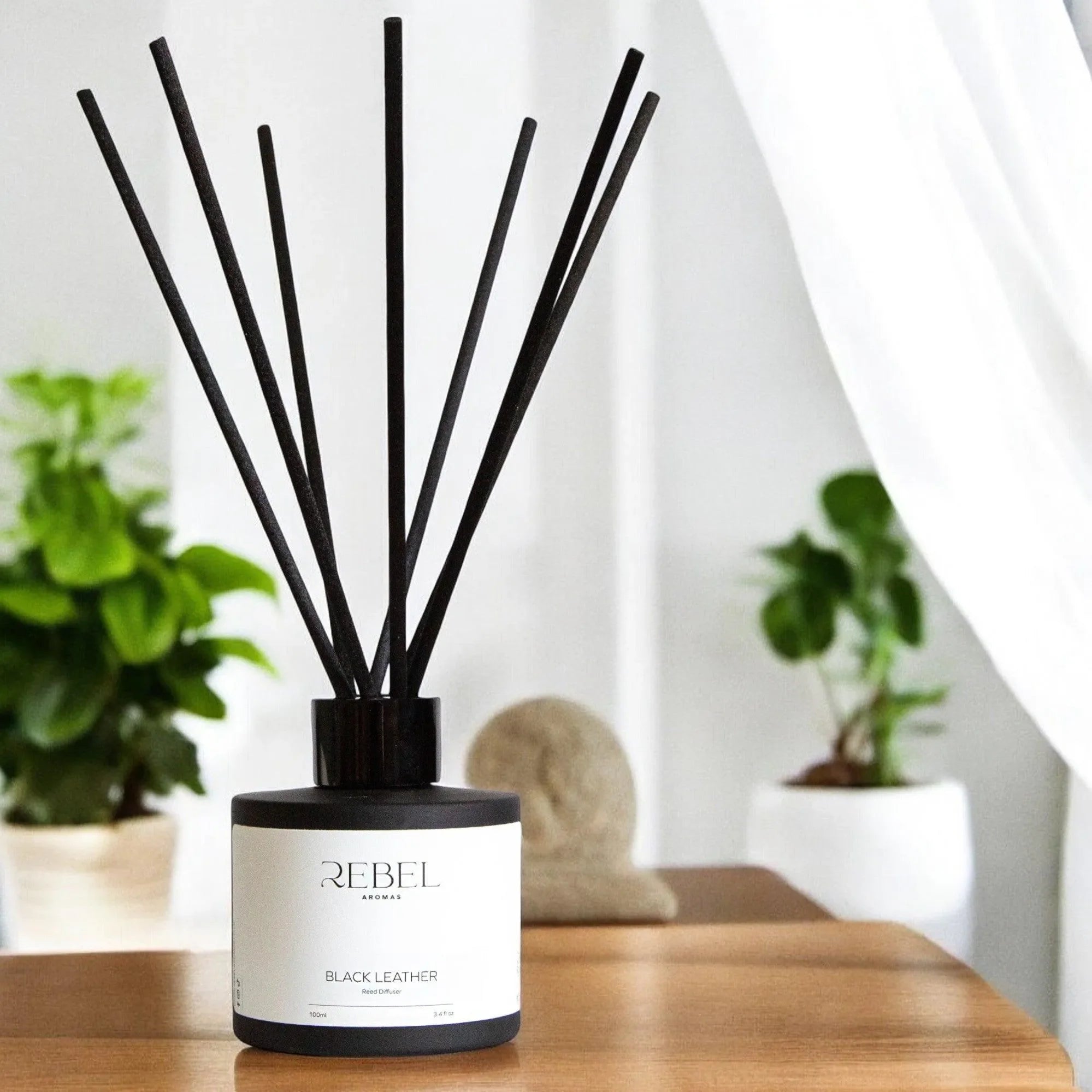Table of Content
Table of Content
I find the longevity of a perfume is largely dictated by its concentration of fragrance oils. An Eau de Parfum, for instance, has a higher concentration of fragrance oils, usually between 15 to 20 percent.

I think this typically allows it to last longer on the skin, often for about four to five hours and sometimes even the entire day.
Conversely, Eau de Toilette, with its 5 to 15 percent concentration of fragrance oils, tends to be lighter and is typically expected to last for about two to four hours.
Eau de Colognes and Eau de Fraiche are the lightest of all, with even lower concentrations of fragrance oils, which usually translates to an even shorter longevity. The choice between these types depends on my personal preference and the occasion for which the perfume is intended.
From My Experience
In my experience, factors such as skin type, the environment, and even the weather can affect how long a fragrance lasts.
My advice is always to apply perfume to pulse points where the blood vessels are closest to the skin for better diffusion and to consider layering fragrances to enhance their staying power.
Evidently, long-lasting inspired perfumes (also useful guide here) are sought after for their ability to maintain a consistent scent from the moment of application to the end of the day, and I appreciate when my chosen scent can accompany me without the need for reapplication.
Which lasts longer eau de parfum or eau de toilette?
Because Eau de Parfum (EDP) contains a higher concentration of perfume oils (about 15–20% for EDP vs. 5–15% for EDT), it lasts longer than Eau de Toilette (EDT). It usually lasts 6–8 hours or longer, whereas EDT is lighter and lasts 3–5 hours, making it ideal for daytime wear.
Eau de Parfum (EDP):
- Fancy oils make up 15–25% of the concentration.
- Lifespan: 6–8 hours or longer.
- Scent Profile: Suitable for evening or cooler temperatures, this scent is richer, deeper, and more potent.
Toilette Eau (EDT):
- 5–15% fragrance oils are the concentration.
- Duration: three to five hours.
- Scent Profile: Fresher and lighter, perfect for casual or daytime wear.
The perfume lingers on your skin longer when the oil concentration is higher, like in EDP.
Perfume Longevity Fundamentals
I understand that when choosing a fragrance, one of the most vital considerations is its longevity.
This is the duration for which the perfume's scent remains noticeable after application.
To unravel the intricacies of perfume longevity, I'll explore the role of notes and composition, as well as the impact of concentration levels.
The inspired rouge perfume lasts all day and night!
Notes and Composition That You Should About...
Okay.
Let's break them down:
- Top notes, also known as head notes, are the initial scents that hit the nose upon application. These often include lighter, more volatile substances such as citrus and herbal smells, which can evaporate quickly.
- Heart notes, the core of the perfume's essence, emerge just after the top notes dissipate. These are usually more mellow and make up the body of the scent.
- Base notes are the final fragrance notes, which develop after the heart notes and anchor the perfume with long-lasting scents such as woods and resins. The harmony and quality of these notes, coupled with how they interact with your skin's natural oils, can significantly affect the perfume’s longevity.
Concentration Levels
Concentration refers to the strength of the perfume, which dictates how long the scent will last.
Eau de Cologne typically has the lowest concentration of oils, about 2-4%, and can last for a couple of hours.
Moving up, Eau de Toilette has a concentration of approximately 5-15%, offering a lasting power of around 2-4 hours. Eau de Parfum contains more perfume oils, usually around 15-20%, and can be expected to stay on the skin for about 4-8 hours.
The most potent form is Extrait de Parfum, with concentrations as high as 20-40%, enduring well beyond 8 hours. Keep in mind that the longevity can be influenced by the formula's balance and the wearer's personal skin chemistry.
Factors Affecting Longevity
In my exploration of perfume longevity, I've identified that the choice of ingredients, how the perfume is applied, and individual skin type and chemistry are pivotal factors.
Ingredients Quality
When it comes to perfume, the longevity often hinges on the quality of the ingredients used. Perfumes with a higher concentration of aromatic compounds and essential oils tend to last longer than those diluted with more water and alcohol. The intensity and endurance of a scent are proportional to the ratio of these oils in the fragrance. For example, Eau de Parfums can boast as much as 20% of perfume oil concentration.
Application Technique
How you apply your perfume also has a significant impact on its staying power. Targeting pulse points like the wrists and neck, where the skin is warmer, can help to amplify the fragrance due to the heat generated by the body. It's important to avoid rubbing these areas after spraying, as this can break down the perfume oils, affecting their structure and causing the scent to fade faster.
Skin Type and Chemistry
Finally, my individual skin type and chemistry can greatly influence how long a perfume lasts.
Dry skin, for instance, may not hold a fragrance as long as oily skin, due to the lack of natural oils that help to lock in the scent.
Each person's unique chemical makeup can also interact with the fragrance, sometimes altering its presence and duration on the skin.
Find Our Other Helpful Guides:
Link URL




